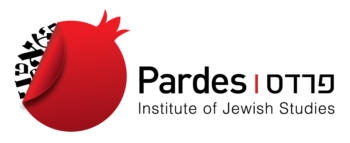Commentary on Parashat Devarim, Deuteronomy 1:1-3:22
Questions
1. On what date and in which year did Moses begin delivering his speech to the people?
2. Where did he make this speech?
3. Moses describes how heavy the burden of leading the Israelites was for him, and how he divided up the decision making. How is his description different from what we were told when it happened in the Book of Exodus?
With your help, My Jewish Learning can provide endless opportunities for learning, connection and discovery.
4. How is Moses’ description of the spies’ report different from the report as described in the Book of Numbers?
5. There were certain tribes of peoples that the Israelites were told not to fight. One was the people who lived in Seir. Why were the Israelites not permitted to take their land?
6. What was a second tribe the Israelites were ordered not to attack, and why?
7. The Israelites completely conquered two peoples and killed their kings. Who were they?
8. There are two mitzvot in Parashat D?varim. Both are negative precepts. What are they?
Answers
1. Moses began his speech on the first day of the 11th month, during the 40th year after the Israelites left Egypt. (1:3)
2. He made this speech beyond the Jordan in the Aravah. (1:5)
3. In Deuteronomy, Moses says the burden was too much for him and so he decided to divide the judgment with judges responsible for 1000’s, 100’s, etc. (1:15) In Exodus, Yitro suggested this to Moses, and Moses accepted the idea. (Exodus 18)
4. In Deuteronomy, Moses says the spies came back and said: “Good is the land which the Lord, our God, gives to us.” (1:25). In Numbers, when the spies came back, most of them said the cities were too fortified and the people too strong to be defeated. (Numbers 13)
5. This land had been given to Esau and his descendants by God and he was the Israelites’ brother. (2:5)
6. The people of Moab because this land was given to Lot and his descendants. (2:9)
7. The people completely destroyed Sihon, king of Amorites, living in Heshbon (2:24) and Og, king of Bashan, living in Ashtaroth. (3:1)
8. Not to appoint any judge who is unlearned in the Torah, even if he is generally learned; and that a judge presiding at a trial should not fear any evil man (really any man). (1:15-17)
Provided by special arrangement with the Pardes Institute of Jewish Studies.



